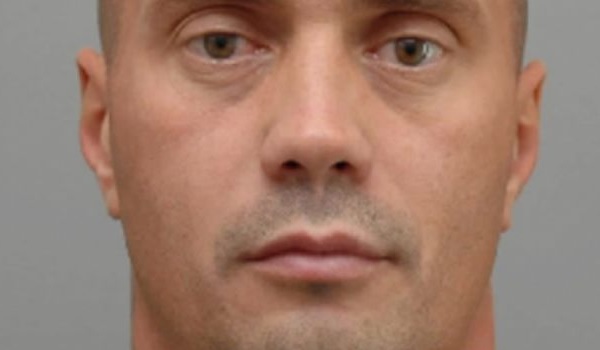National detective crisis ‘cannot be ignored’, says PFEW
The Police Federation of England and Wales (PFEW) has launched a new campaign to highlight the “serious demand and capacity imbalance” that detective policing is currently facing.
‘Detectives in Crisis’ aims to raise awareness of the impact of service cuts on the wellbeing of officers and calls on the Government to try to “redress the balance”.
Over the coming months, the PFEW will release a series of case studies displaying the stress that comes with being a detective, the types of investigative work they are involved with and reveal the impact that a lack of resources is having on the role.
Senior policing figures such as Chief Constable Matt Jukes, of South Wales Police, and former Derbyshire Chief Constable Mick Creedon, are “voicing their support” for the campaign.
In March 2017, Her Majesty’s Inspectorate of Constabulary and Fire and Rescue Services issued an unprecedented warning of a national crisis in the shortage of investigators in many forces. It said more than one in five cases is not investigated because “the victim does not support police action”, and in domestic cases the proportion is much higher.
Karen Stephens, secretary of the PFEW National Detectives’ Forum, said this crisis cannot be ignored, and is backed up by the results of a national survey in 2017.
She added: “There is a serious demand and capacity imbalance in this high-pressure role and I have seen the toll this is taking on colleagues – it says a lot when senior police figures are recognising the problem and openly supporting our campaign.
“We want forces, chief officers, police and crime commissioners, the College of Policing and the Government to look at the demands on detective policing and make changes to better support the welfare of my colleagues.”
Last year, the PFEW’s national detectives’ survey found 56 per cent of the 7,803 respondents said service cuts have had a huge impact on their morale, while more than a quarter felt their physical and mental health had been affected.
And 73 per cent of officers felt that they were unable to provide the service victims needed most or all of the time. Mr Jukes, national lead for investigator resilience, said: “The role of investigators is one of the many vital roles in policing and one that officers and staff take great pride in fulfilling.
However, a significant number of forces are experiencing issues in recruiting and retaining detectives due to a combination of complex factors including those highlighted by the federation survey.
“Across the country there are steps being taken to address this and the National Police Chiefs Council is working with the College of Policing and force colleagues on interventions to fill vacancies including pay and reward structures and revised entry routes, as well as enhanced support for training and wellbeing to help retain officers”.
Mr Creedon added: “The reduction in staff and officer numbers and the lack officers working in this area of policing will impact on the collective ability of the police service to protect the public. “I commend the PFEW for launching this campaign and will do whatever I can to support the valuable work of the Federation and the role of the detective.”
Former Merseyside Detective Chief Superintendent Brian McNeill said: “Maintaining the appropriate number of detectives, their level of training and the management of their workloads is critical in order to preserve their expertise in dealing with major investigations, serious and organised crime and the protection of the most vulnerable people in society.”







